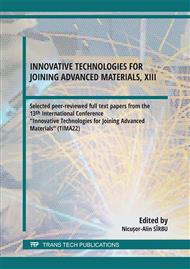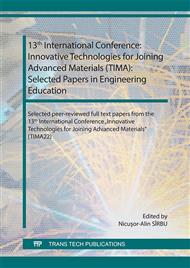Microlearning - Needs and Expectations
Abstract:
The research for this article consists in analysis of some questionnaire distributed among different higher education institutions and VET centers in the different EU countries. First, it was made a characterization of the target group involved in the questionnaires, which is important to evaluate the real situation of the teachers and trainer and to understand what can be done in terms of teaching and training in the future. The study consists in analysis of the main characteristics of the participants, namely country, type of organization, position and age of the participants. To understand the major needs and expectation of digital education, and particularly in what micro-learning is concerns, as it was verified that the Lack of time is one of the main obstacles to learning and training. Other questions aimed at having a broader overview of the expectations and needs in terms of digital Learning in Europe. Based on the analysis of these results it was verified that, as in most of the fields, socio-economic inequalities between learners continue to be the biggest challenge, followed by the lack of plan and vision for integrating digital technologies in education and training in terms of Digital Learning in Europe; Lack of European high-quality online learning content and lack of availability of suitable digital tools and technologies.
Info:
Periodical:
Pages:
35-50
DOI:
Citation:
Online since:
September 2023
Keywords:
Price:
Сopyright:
© 2023 Trans Tech Publications Ltd. All Rights Reserved
Share:
Citation:



